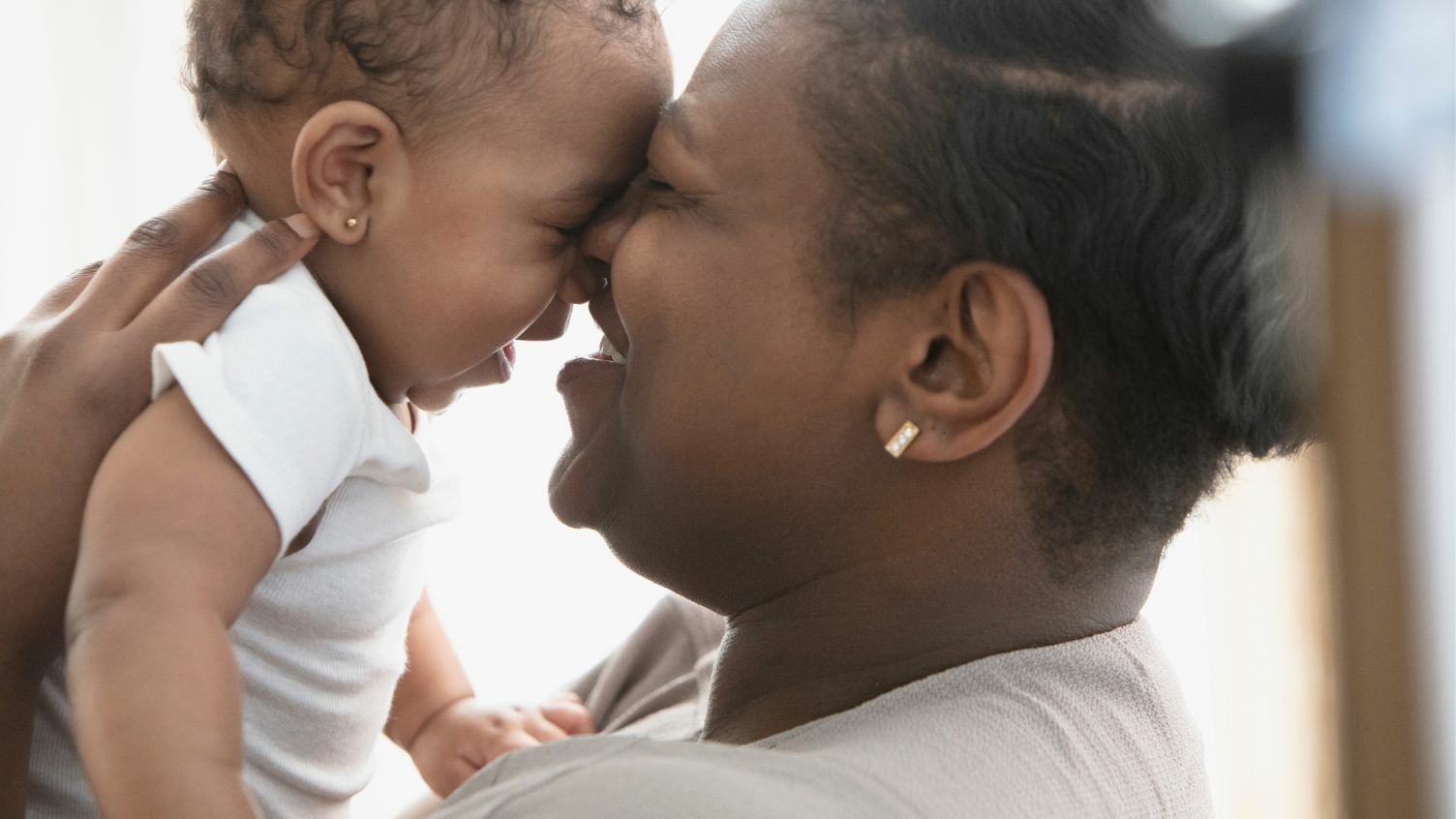Working in neonatal research: Pip Crowley
- 9 September 2024
- 3 min read
Pip Crowley is a research nurse working on the University of Oxford’s BASE study, which is looking into the best treatment for newborn babies with metabolic acidosis, a build-up of acid in the bloodstream. The study is recruiting at selected hospitals throughout England with more sites set to open in future, including Oxford’s John Radcliffe Hospital. In this article Pip discusses the study and working in neonatal research.
What is this research study about? What health issue is it addressing?
Metabolic acidosis is a build-up of acid in the bloodstream which, if severe and left untreated, could lead to impaired cardiac and respiratory function and ultimately shock and life-threatening complications. In the UK, 8,000 infants are born very preterm each year and many will develop metabolic acidosis during their stay on a neonatal unit.
Sodium bicarbonate is often used when a premature baby has metabolic acidosis. Some doctors believe that giving sodium bicarbonate lowers acid levels in the bloodstream and improves the functioning of the heart, but others believe sodium bicarbonate raises acid levels in the cells of the body which can be harmful in the short and long-term by affecting blood flow to the brain and other tissues in the body.
The two approaches of managing metabolic acidosis with sodium bicarbonate, or not, are already used across the UK, so there is nothing new about either type of care. At the moment we do not know which approach for babies is better because this has never been properly studied.
We want to answer the question whether in very preterm babies with metabolic acidosis, does using sodium bicarbonate or not impact their health and development in the short and long term?
This study was commissioned by the NIHR and is being carried out by the National Perinatal Epidemiology Unit (NPEU), which is part of the Nuffield Department of Population Health (NDPH) at the University of Oxford. The Chief Investigator is Dr. Sabita Uthaya, Consultant in Neonatal Medicine at Chelsea and Westminster Hospital and Professor of Practice (Neonatal Medicine) at Imperial College London.
What does taking part involve?
Very preterm babies, those born between 23 and 31 weeks of gestation, with metabolic acidosis will be put at random into one of two groups. One will be given sodium bicarbonate when they have metabolic acidosis and the other will not be given sodium bicarbonate when they have metabolic acidosis. They will then follow this treatment for each episode of metabolic acidosis until they reach 34 weeks gestation or are discharged home.
We will then compare the two groups to find out whether giving sodium bicarbonate or not affects very preterm babies’ health in the short term. Babies will also be followed up when they are 2 years old to understand if there are any longer-term effects of giving sodium bicarbonate or not, on development.
The trial aims to recruit 3,764 infants in approximately 45 neonatal units in the UK over a 3-year recruitment period.
What motivates you to work in research?
I have worked as a neonatal nurse for over 30 years and through this time have witnessed first-hand the improvements in neonatal care and outcomes that have resulted from research studies. Neonatal care is forever evolving and much is still unknown about the best courses of treatment. As a health professional, achieving the best outcomes for babies born premature or sick – now and in the future - is at the heart of everything we do. Neonatal research can lead to practical improvements in their care, development and long-term quality of life
What would you say to people about considering whether to take part in research?
Neonatal care would not be where it is today without advances made through past clinical research and the people who volunteered to participate. Research can be an important part of a neonatal journey and their participation now may positively impact the lives of families in the future. Many families see it as an opportunity to positively contribute to and be involved in their baby’s care at a time of uncertainty.
It is a big decision to make, at a time when they may be feeling particularly stressed and intimidated. Research participation should be a positive experience and they shouldn’t be frightened to ask questions or express concerns, no matter how trivial they may sound. They should feel free to take their time to understand what is expected and remember that all research is voluntary and they can feel free to change their mind at any time. Families are at the centre of all that we do, their safety and well-being is paramount.


